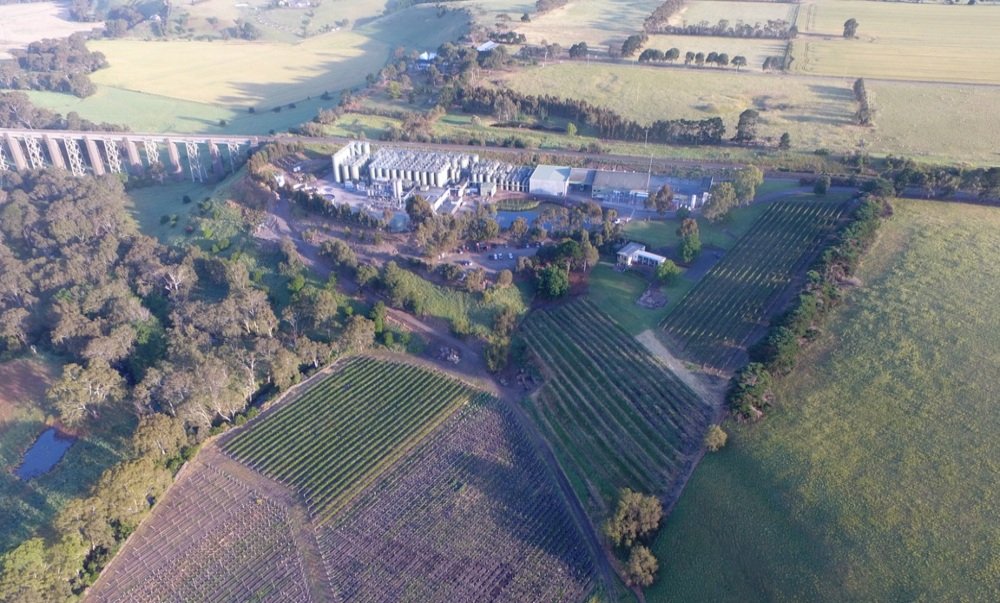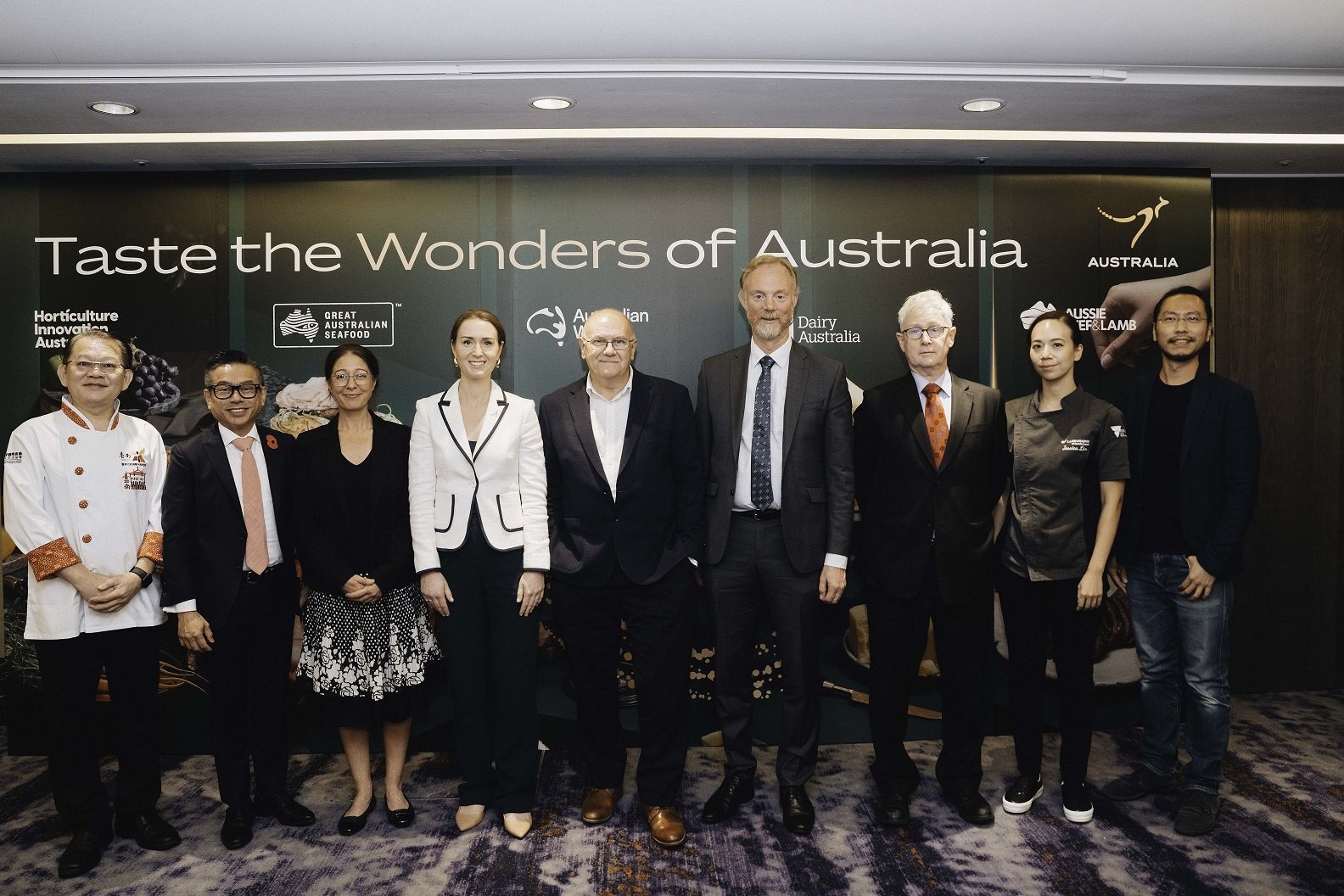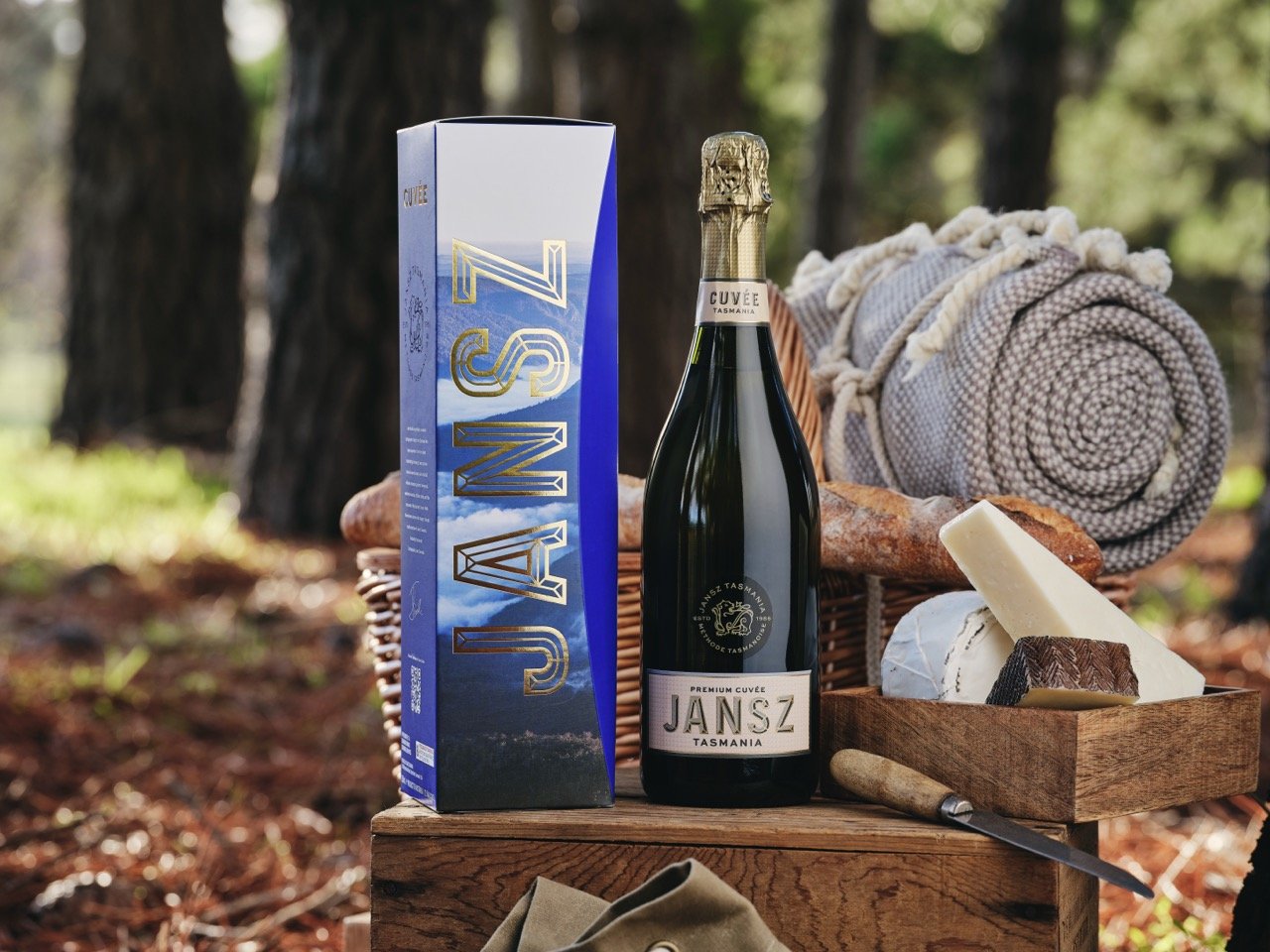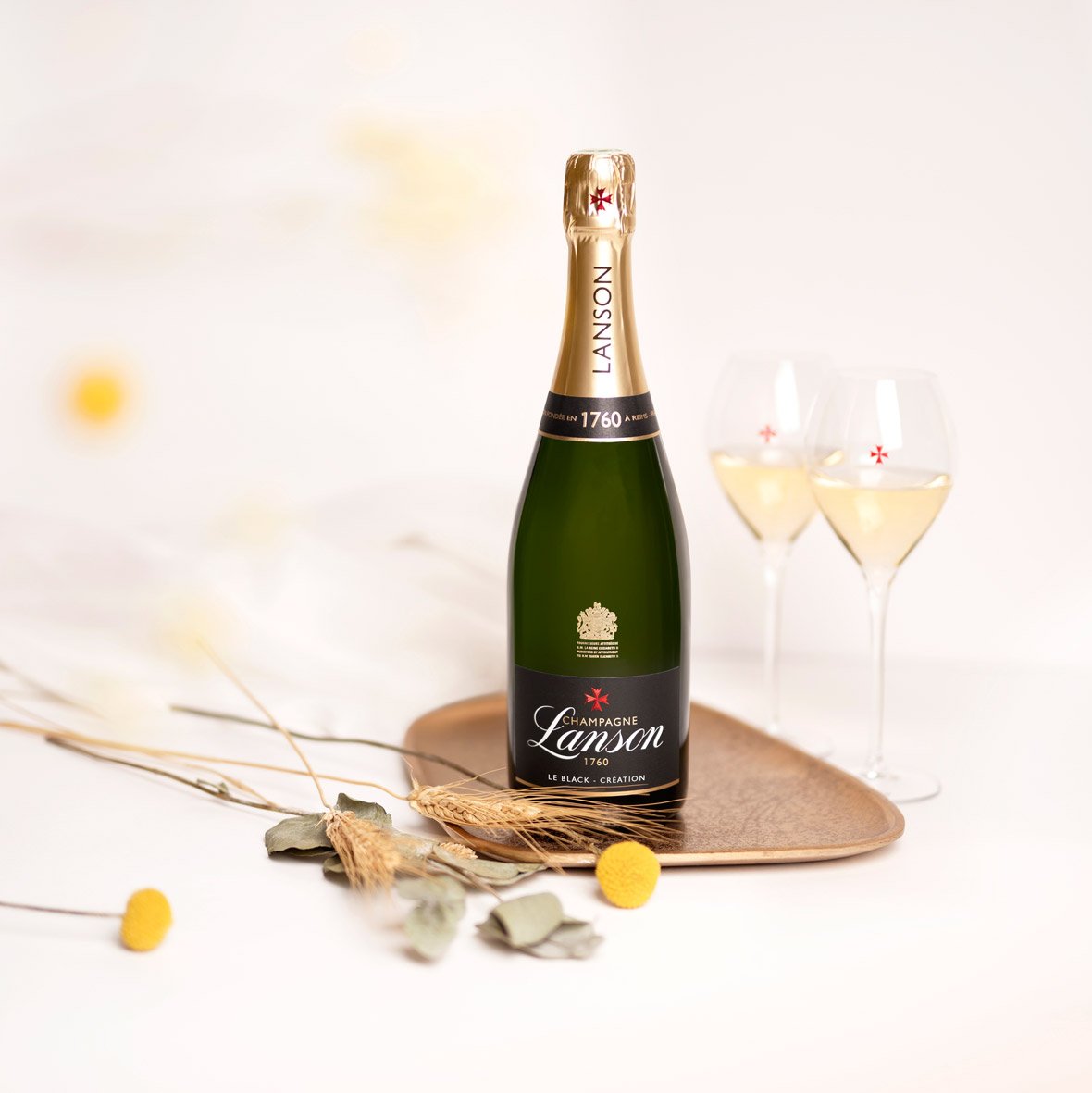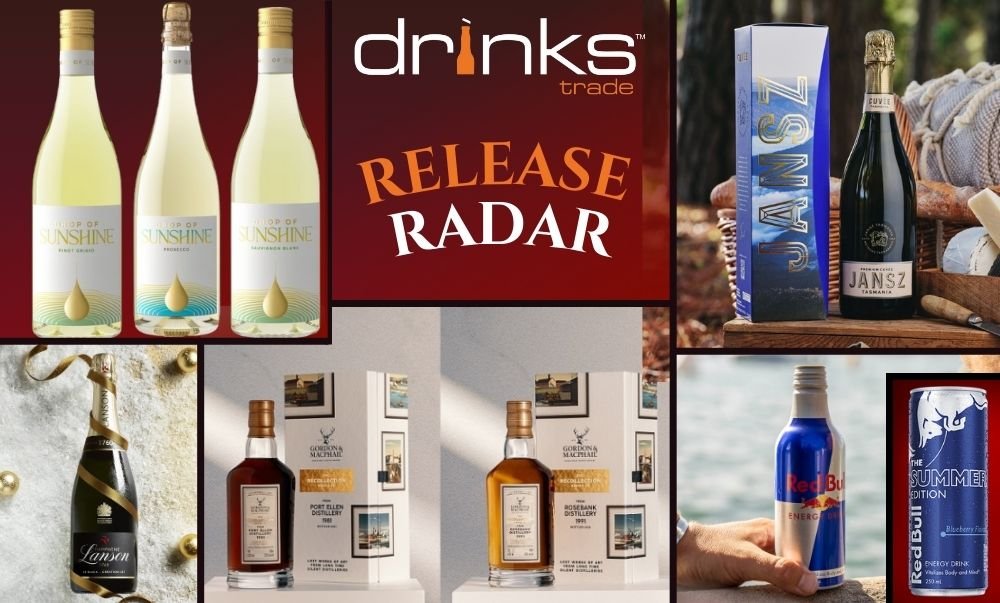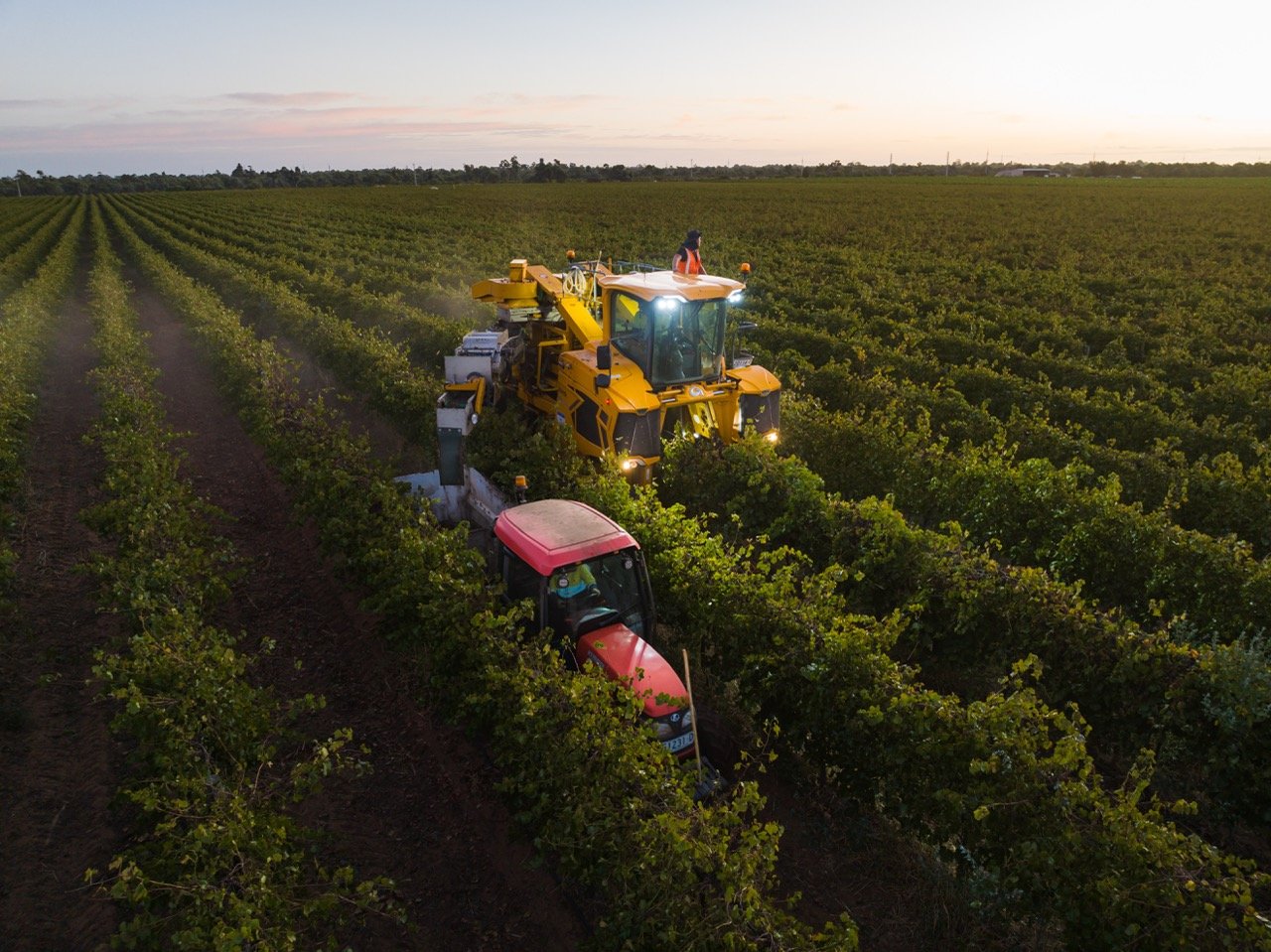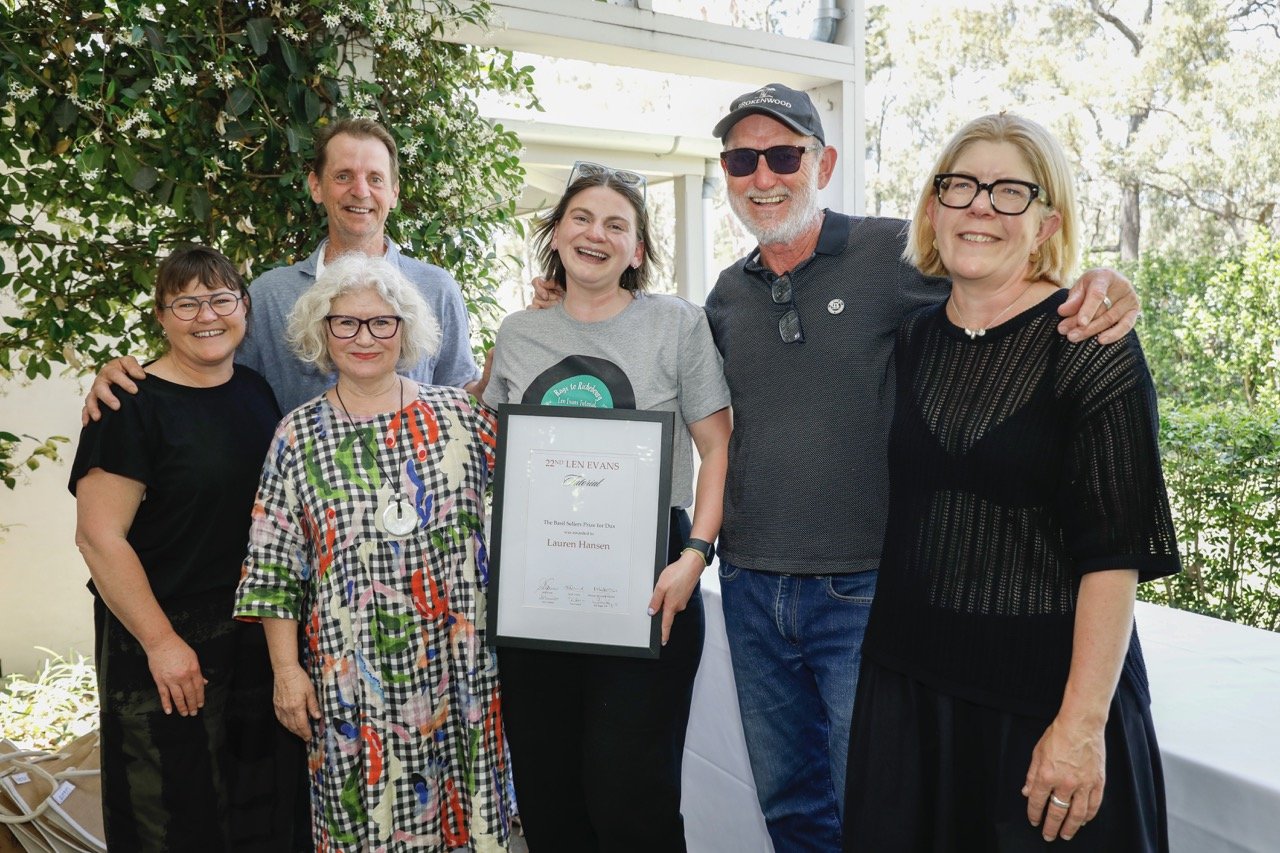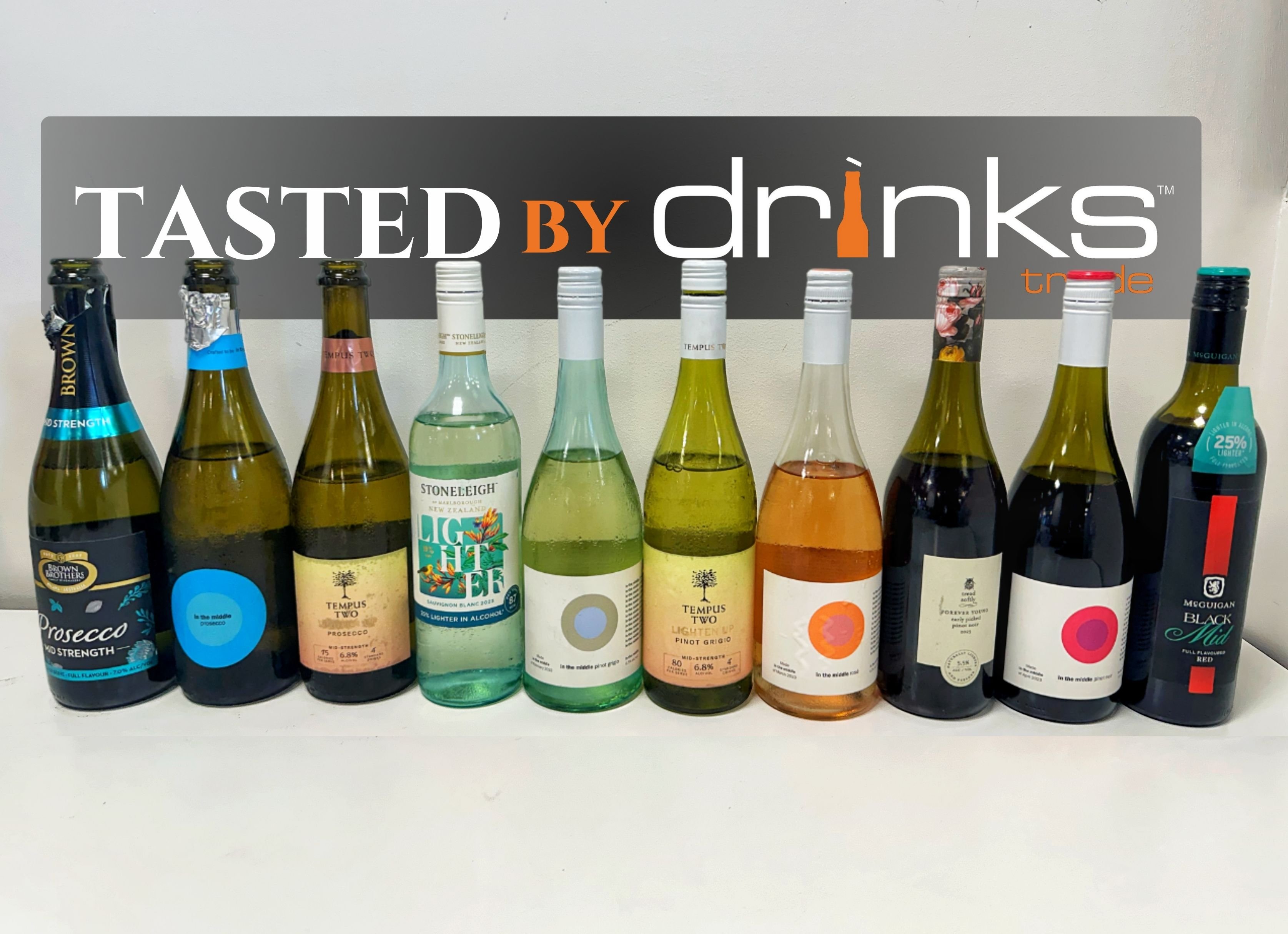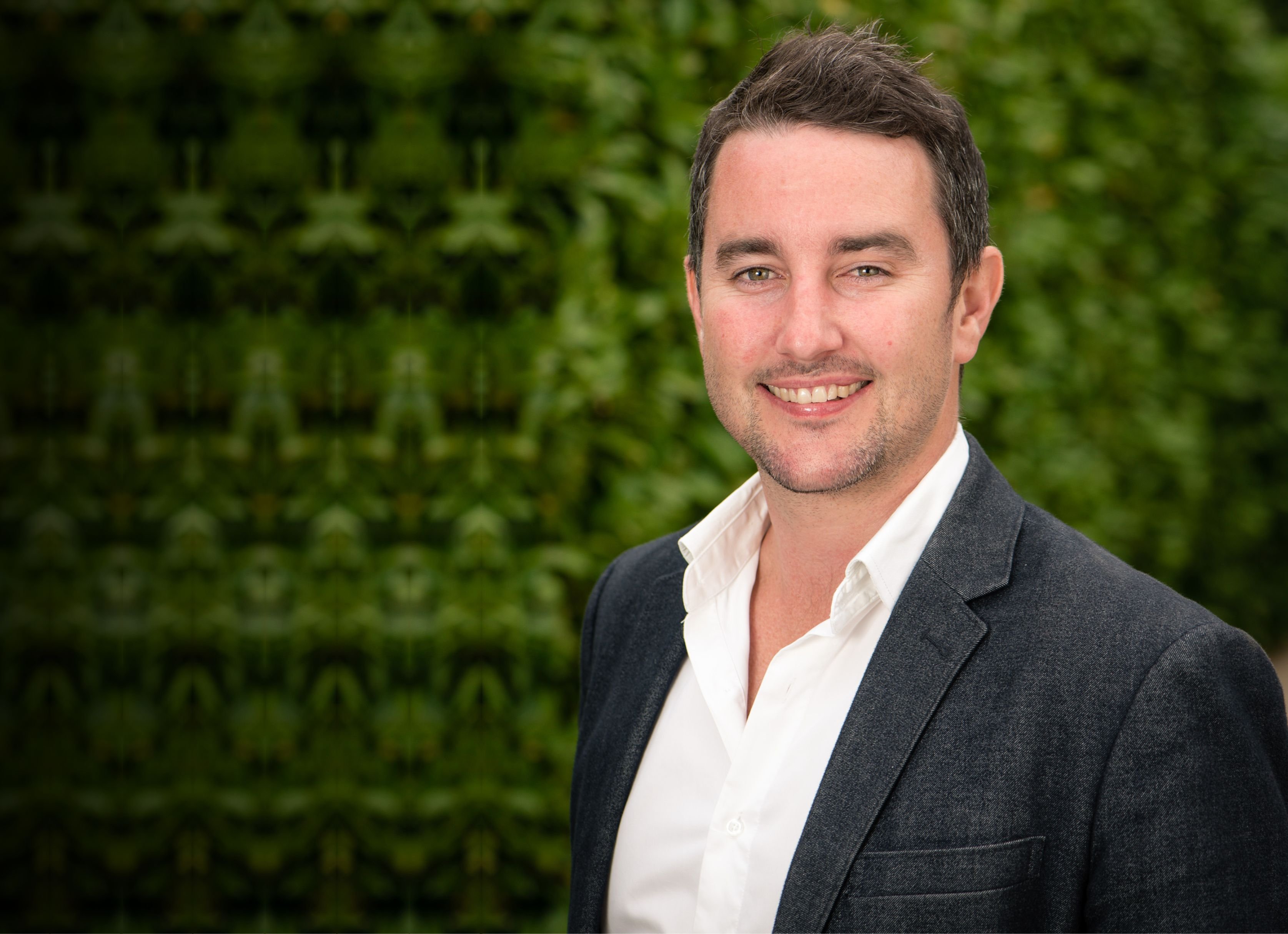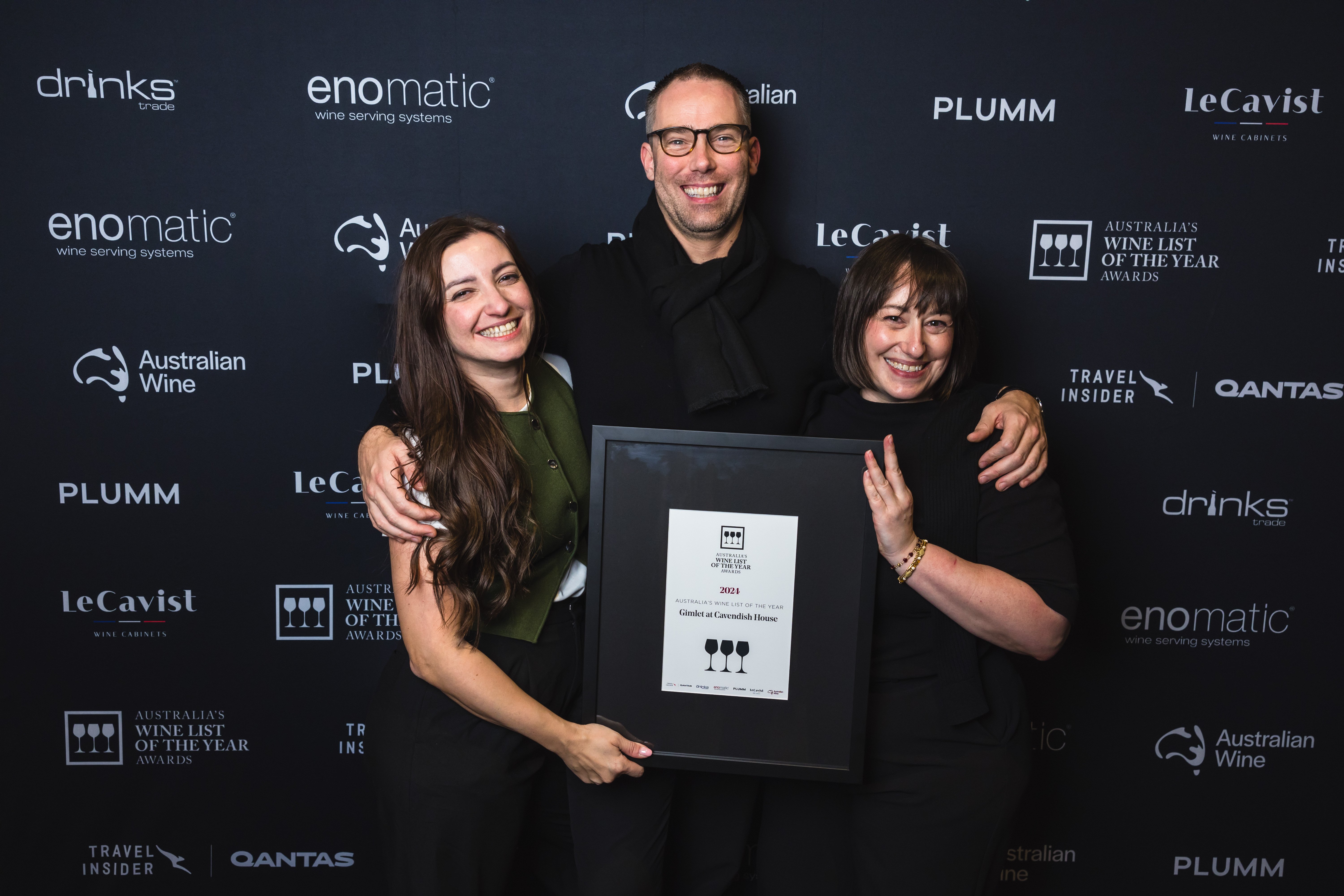There is a lot to get one’s head around when considering this ‘behind the scenes’ business. The founders have a huge vision, a pragmatic and innovative mindset and an addiction to maintaining control and ownership of the entire production process whether producing beer, wine, cider or seltzer.
Idyll Wine Co specialise in private label for the domestic and export markets, exporting about half of the 20 million bottles of wine it produces annually to 45 global markets outside Australia and China, including the UK, the UAE, Sri Lanka, Russia and Japan. In Australia, its major clients include Australia's largest liquor retailers.
Executive Directors Michael Birthisel and Andrew Byers started the business having met and worked on the site when it belonged to Littore Family Wines. Private equity partners, Costa Asset Management (CAM), the country’s biggest growers of fresh fruit and vegetables acquired the property in late 2015 after Littore went into receivership for an undisclosed amount.
Birthisel and Byers stayed on and since then, the winery itself has undergone extensive development. In 2018, $7 million was invested to support the expansion of its highly automated crushing, fermentation and storage systems to enable Idyll Wine Co to process about 20,000 tonnes of fruit a year.
Idyll Wine Co sits on a property of 23 hectares in Moorabool, Victoria. Fruit is drawn from throughout Victoria, New South Wales and South Australia and made on-site to exacting specifications. The manufacturer achieved production of 10 million cans and 23 million bottles in 2020.
Idyll produces a range of products, involving a vast number of brands, available on the shelf from $5 to $40 a bottle, but it is heavily geared to the under $10 market.
Byers said the quality of wines at the more affordable end of the market had improved dramatically over the past decade on the back of increased competition, improved skills and systems at wineries and vineyards and because it was coming off a low base.
However, they have their own wine ranges as well - Idyll and Arcadian - as well as cider brands Fat Pixie and Miss Seed, among others. Byers cites examples of being able to meet niches within their customers' markets like quickly developing a Coonawarra Cabernet for an economy flight route for an airline or an exclusive pouring wine from the Limestone Coast for hotel group in the Middle East.
"We are clear on the things we are good at: manufacture, packaging and production. We're not great at brand management," says Byers. So the business has a brand management team who design and create labels in response to the briefs from their customers.
Earlier this year, Winetitles Media listed Idyll Wine Co in the top 10 by sales of branded wine in Australia and it achieved leading positions by total revenue (14th) and total wine production (15th) among 2268 producers in the country.
This year the company plans to add four million litres of fermentation and storage capacity to its massive winemaking operation, which currently holds 17 million litres. A further three million litres of capacity is planned for next year.
In 2017, the business diversified away from wine, producing its own cider, establishing a state of the art packaging facility, and managing distribution and logistics. They installed a bottling facility on site and a fermentation cellar. So today, Idyll Wine can bottle, ferment, store and blend from their Moorabool site.
“We are control and QA freaks. We like to have complete control of the process,” says Byers.
Byers says that the two founders share a vision and “have a supportive board that allows us to do crazy things”.
With a diverse production portfolio, the number of employees remains fairly consistent throughout the year and the cashflow reasonably steady, unlike the seasons of a traditional winery. The company’s strong market diversification enabled its business to maintain a strong position across 2020 amidst a spate of disruptions the wine industry suffered over the year.
“2020 was a tough year for many Australian wineries, and we’re no exception. Unusual rainfall, bushfires and COVID-19 coupled with volatile international markets posed serious challenges to the whole industry. It was our diversified portfolios that helped us to take on those challenges while cementing our continued innovation within the industry,” he says.
Share the content
